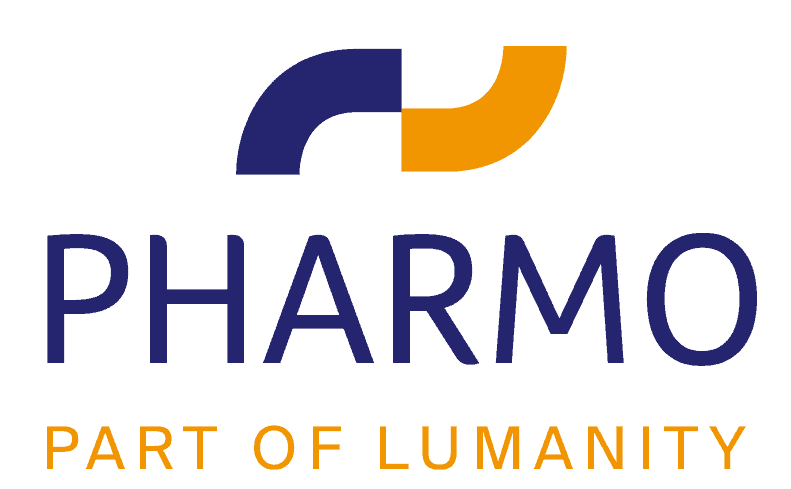The patient journey of head neck cancer from primary care to diagnosis – A retrospective cohort study in the Netherlands
Objective: There are currently no data available on the referral landscape of head and neck cancer (HNC) patients from first visit to a general practitioner (GP) to diagnosis in the Netherlands. Since primary care is a key setting to reduce time to diagnosis (TTD), this study aimed to describe the healthcare pathway of HNC patients from first GP visit to diagnosis.
Study design: This study was a population-based case-control study among patients with HNC matched to a nonHNC control group.
Setting: The data collection period was between 2013 and 2020, the setting was in the Netherlands.
Methods: Patient and tumor characteristics were assessed at index date. The healthcare pathway between start date and index date was assessed, as well as TTD for cases, which was stratified by patient and tumor characteristics.
Results: The final study population consisted of 9565 persons, of which 1913 HNC patients and 7652 matched non-HNC controls. Cases were most often male (67 %), median age was 66 years. HNC patients had more often a smoking and drinking history compared to controls (p < 0.0001). Cases had more GP visits, received more medication, were ordered more laboratory tests and had more referrals to a specialist, compared to controls (all p < 0.05). The overall mean (±standard deviation) TTD was 43.0 (±34.3) weeks, and was affected by gender, tumor location, and number of GP visits. Conclusion: This is the first study that reported the demographics and healthcare use from first GP visit to diagnosis in the Netherlands. Future research should focus on identifying opportunities for earlier diagnosis. https://doi.org/10.1016/j.canep.2025.102865
